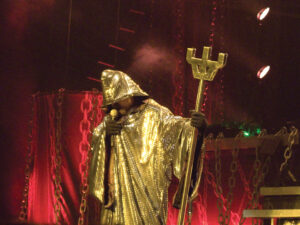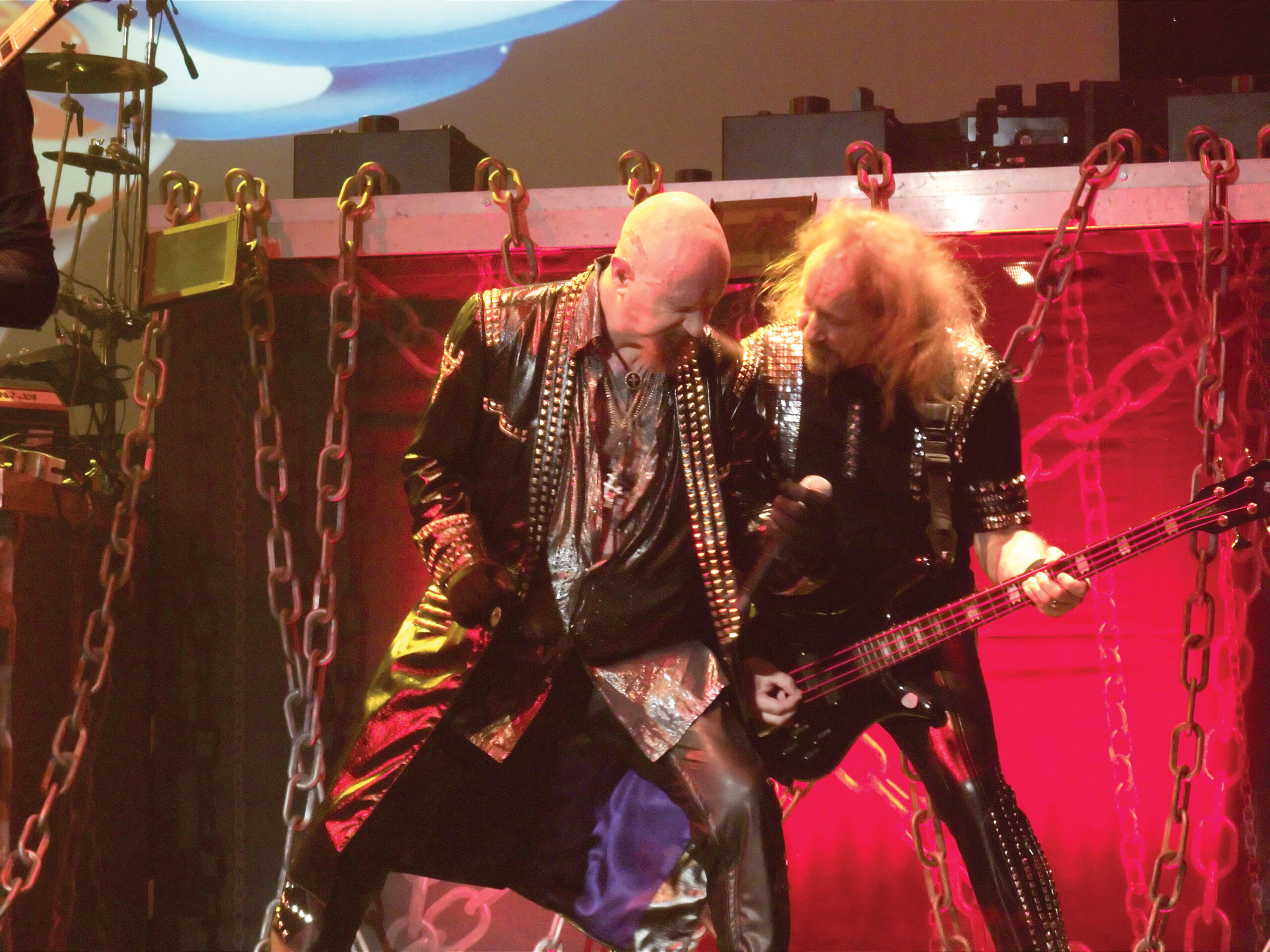With the decade’s incessant use of neon, pastel suits too bright for the human eye, unattractive mullets, as well as the release of tacky, over-the-top films like “Top Gun” and “Pretty in Pink,” the 1980s deserves to be disregarded when it comes to finding out which decade was the greatest. Those who deem it as one of the best decades ever are either blinded by nostalgia, the shining neon lights associated with the era or both.
My greatest irk with the ‘80s, however, isn’t from how questionable the fashion was or how cheesy many of the films are. It is by how soulless, repetitive and even somewhat problematic the music of the time was.
Unlike the more introspective and virtuosic sounds one could get from listening to bands of the ‘60s and ‘70s, the point of most songs from the ‘80s was to get everyone on the dance floor and have them moving to the most overproduced, synthesizer-driven sounds. Musical acts of the ‘80s, such as Duran Duran, Spandau Ballet and Depeche Mode relied on such a boatload of synthesizers that it would practically be hard to discern which band is which. Not only were they indistinguishable in sound, but in aesthetics as well as many of them could be seen donning similar sports suits and puffy hair. Each band was nothing more than a carbon copy of another.
Musical artists of the ‘70s, such as The Clash, The Rolling Stones and Tom Petty, whose songs have been known to have a gritty rock and roll edge, also had to conform to the more polished and synthetic sounds just to stay relevant in the music industry. Many of the songs they produced during the ‘80s lacked the jaggedness that made them so great in the first place.
Shadowed by synthesizers and overproduction, the lyrics of many ‘80s songs are nothing more than cringeworthy and nonsensical. From The Police having a song in which the main chorus is “De Do Do Do, De Da Da Da” to Depeche Mode’s track “Just Can’t Get Enough” having a line that goes, “Just like a rainbow, I know you set me free,” the music of the ‘80s suffered a clear creative bankruptcy when it came to deep and meaningful prose. 
Many critically acclaimed pop songs of the ‘80s haven’t aged well either. “Every Breath You Take” by The Police, underneath its romantic crooning and sharp arpeggios, contains lyrics about stalking people. The juxtaposition between its dark lyrical content and soft melody makes it easy to misinterpret and romanticize. It’s all the more concerning considering that the song can usually be heard playing in events like weddings. There are a plethora of other songs from the ‘80s that have outdated lyrics and content such as “Money for Nothing” by Dire Straits and “Turning Japanese” by The Vapors.
If the 1980s could be summed up in one word, it would be “flashy.” From the expensive dresses of Madonna to the exotic location shots found in Duran Duran music videos, many musical artists of the ‘80s promoted ideas of excess and wealth. With the help of MTV, music artists took advantage of music videos to craft their public image. When it came to big-budget music videos, they portrayed themselves to be decadent, flamboyant, larger-than-life gods and goddesses.
Out of all of the musical artists that unashamedly flaunted their wealth, Michael Jackson has to be the main offender. When it came to his performances, Jackson captured the attention of audiences with his flashy suits and jackets alongside slick choreography. Off-stage, Jackson openly promoted excess and consumerism through his collaborations with businesses like Pepsi while buying stuff as questionable as a pet monkey.
Even though the music of the ‘80s did in fact promote social justice and issue awareness, it also had its fair share of misogyny and problematic content, especially within the rock and heavy metal genres. Popular rock songs of the decade like “Girls, Girls, Girls” by Motley Crue and “Rock You Like a Hurricane” by Scorpions, which still manage to get radio airplay to this day for some reason, openly boast lyrics that objectify women. The on and off-stage drunken, testosterone-reeking, womanizing behavior from hard rock bands like Guns N’ Roses and Motley Crue further underscored the macho culture of rock music during the time.
Although the decade also spawned influential female rockers like Joan Jett and Lita Ford, the association between rock and sexism persisted throughout the ‘80s. It was only until the next decade, with the arrival of Nirvana and the Riot Grrrl scene, that this would eventually be rectified.
It’s okay to enjoy the vibrant and usually upbeat music that the ‘80s produced, but to call it great would be the equivalent of calling microwave beeping noises “exciting.” Most of the music from the 1980s was robotic, lyrically bizarre and unpassionate.




